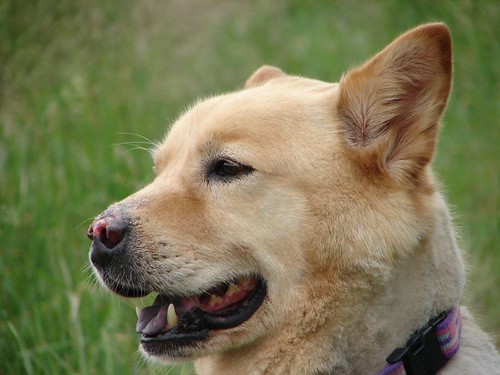Halloween fright: 7 billion humans | MNN – Mother Nature Network by Russell McLendon
It took about 200,000 years for modern humans to reach the 1 billion mark in 1805, but then suddenly there were 2 billion of us in 1927, 3 billion in 1960, 4 billion in 1974 and 5 billion in 1987. The 6 billion mark came in 1999, and 8 billion is due around 2025. We’re widely expected to hit 10 billion before the end of this century. …
In this first graph, notice how the time intervals change. Most of the bars skip 200-year gaps, but after 1800 the gaps shrink to 100, 50, 30, 20 and finally 11 years (I used 11 for the last one just so it would end on 2011). If humans were reproducing at a more linear rate, messing with the time intervals could distort the data, making our growth seem slow or stagnant. But that doesn’t happen. Compare the gaps between 1800-1900 and 2000-2011, for example: It took 100 years for us to grow by 736 million people in the 1800s, but now we’ve added 906 million in just 11 years.
Halloween fright: 7 billion humans | MNN – Mother Nature Network
Why current population growth is costing us the Earth | Roger Martin | Environment | The Guardian
Our population is rising while our ability to sustain life on Earth is shrinking – we must change before nature does it for us. by Roger Martin guardian.co.uk, Sunday 23 October 2011 14.00 EDT
The 7 Billion Day is a sobering reminder of our planet’s predicament. We are increasing by 10,000 an hour. The median UN forecast is 9.3 billion by 2050, but the range varies by 2.5 billion – the total world population in 1950 – depending on how we work it out.
Every additional person needs food, water and energy, and produces more waste and pollution, so ratchets up our total impact on the planet, and ratchets down everyone else’s share…
Since we passed one billion in 1800, our rising numbers and consumption have already caused climate change, rising sea levels, expanding deserts and the "sixth extinction" of wildlife. …
Perhaps we can feed 9.3 billion people in 39 years’ time – I don’t know. We’re barely feeding seven billion now. But Norman Borlaug, accepting his Nobel peace prize in 1970 for his "green revolution", said: "I have only bought you a 40-year breathing space to stabilise your populations."
On a finite planet, the optimum population providing the best quality of life for all, is clearly much smaller than the maximum, permitting bare survival. The more we are, the less for each; fewer people mean better lives.
Roger Martin is chair of the charity Population Matters
Why current population growth is costing us the Earth | Roger Martin | Environment | The Guardian
The remedy requires better education for everyone – hard to provide to starving people. More autonomy / freedom for women to choose – unlikely in societies where women are property or subordinate. But if Gaia doesn’t kill us all, plagues will do what War is no longer effective at doing: wipe out masses. We’re too stupid to control ourselves; Nature will fix this problem for us, in a sweeping and unpleasant way.
World population – Wikipedia, the free encyclopedia
currently estimated to be 6.97 billion by the United States Census Bureau, as of October 25, 2011.[1]
World population – Wikipedia, the free encyclopedia
7 Billion People | 7 Billion Actions; a Global Movement for all Humanity.
